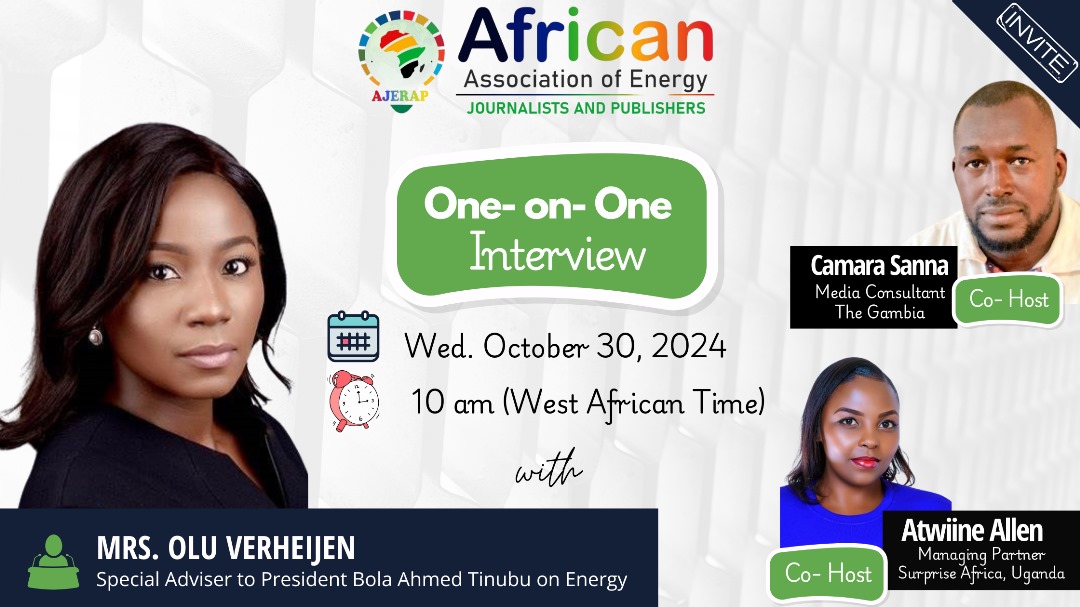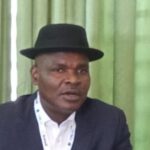… Challenge Tinubu to convert Presidential fleet to CNG vehicles
“CNG- infrastructure limitations would hinder compliance ” – Prof. Iledare
“P-CNGi should champion PPP arrangements between MDAs & gas conversion providers” – Engr. Iheme
Oredola Adeola
Experts in the energy sector have hinted that President Bola Tinubu’s directive mandating all Government Ministries, Departments, and Agencies (MDAs) to procure Compressed Natural Gas (CNG)-powered vehicles, is unrealistic given the current state of infrastructure for CNG vehicles.
In their argument, they contended that the directive suffers from a lack of a clear policy framework, emphasizing that the prohibition of petrol-powered vehicles within the MDAs is merely an illusion, rendering effective compliance by MDAs unattainable.
They therefore challenged President Tinubu to lead by example by ensuring that all the Presidential fleets were converted to CNG-powered vehicles.
This according to them, would be a more effective approach, sending the right signal, than simply issuing orders to the MDAs for compliance.
Recall that the President during the Federal Executive Council, FEC meeting on Tuesday, banned members of the Federal Executive Council, FEC, from purchasing petrol-dependent vehicles affirming that there is no turning back in the energy reforms initiated by his administration.
President Tinubu revealed that the decision was part of the administration’s commitment to ensuring energy security, reducing fuel costs, and transitioning Nigeria to cleaner energy sources.
Professor Wumi Iledare, an Emeritus Professor of Petroleum Economics and Policy Research, expressed concerns about the decision-making process regarding Compressed Natural Gas (CNG) without a clear policy framework.
He highlighted the absence of a publicly available policy framework or the 2017 gas policy document guiding the ongoing CNG discussions.
Despite the existing gas policy gazetted by the Federal Executive Council (FEC), President Tinubu’s decision-making on CNG appears to lack a structured approach.
Professor Iledare drew parallels between the current administration under President Tinubu and former President Buhari’s approach to autogas conversion, indicating a continuity in decision-making patterns.
He questioned the rationale behind the ban on petrol-powered vehicles within the MDAs, when the infrastructure for CNG vehicles, such as CNG stations, is not yet established.
Iledare said, “CNG vehicles require physical infrastructure to be in place first. Ofcourse, such vehicles are available in the domestic market, but CNG stations are not visible.
“What then is the essence of rehabilitating refineries? Could it be there are businesses targeted to benefit from the sales of CNG vehicles?” he queried.
Expressing bewilderment at the administration’s energy strategy, Professor Iledare criticized what he perceives as an incoherent approach in the evolving energy landscape.
He highlighted a perceived departure from the industry’s 20-year reform efforts, suggesting a fragmented strategy that lacks a comprehensive vision.
Professor Iledare called on President Tinubu to appoint a dedicated Minister to oversee the oil and gas sector, aligning with the provisions of the Petroleum Industry Act (PIA) 2021.
He said, “I am really at loss with words on this administration energy strategy in the emerging energy landscape, which seem so incoherent to me. It appears that the 20-year efforts to reform the industry is being set aside with this a little here and a little here approaches.
He emphasized the importance of having a separate Minister to manage the sector to avoid potential policy misalignments and ensure effective implementation of the PIA.
The Professor noted that the current arrangement, where the President serves as the substantive Minister of Petroleum Resources, limits the National Assembly’s ability to summon him for inquiries regarding policy coherence within the sector.
“NASS cannot summon him for inquiry on policy misalignment with PIA, in the sector, can they?” Professor Iledare asked.
Engr. Emeka Iheme, the Managing Director of Gasavant Africa, a Gas Infrastructure Development firm, has suggested that President Tinubu should lead by example and convert all of the presidential vehicle fleets to CNG-powered ones.
This, according to him, would demonstrate the government’s commitment to the CNG initiative and encourage wider adoption.
Engr. Iheme, who is also the Financial Secretary of the Nigeria Gas Association (NGA) also recommended Public Private Partnerships (PPP) between the Ministry, Departments and Agencies (MDAs) of the Government and Gas conversion providers.
Iheme emphasized that these partnerships should be integrated into the network of Compressed Natural Gas (CNG) Autogas stations.
Iheme stressed that the presidential CNG initiative should be at the forefront of this implementation of Public Private Partnerships (PPP) arrangements between the MDAs and Gas conversion providers.
The Gasavant Africa MD further noted that the Ministry of Transport should be compelled to support the partnership, although he acknowledged that this remains to be seen.
Iheme stated that the private sector possesses the necessary technology, adding that private companies are partnering with foreign technicians to set up conversion centers across the country.
He therefore emphasised that the haulage and transportation business is the primary target customer segment for the CNG-initiative in Nigeria.










